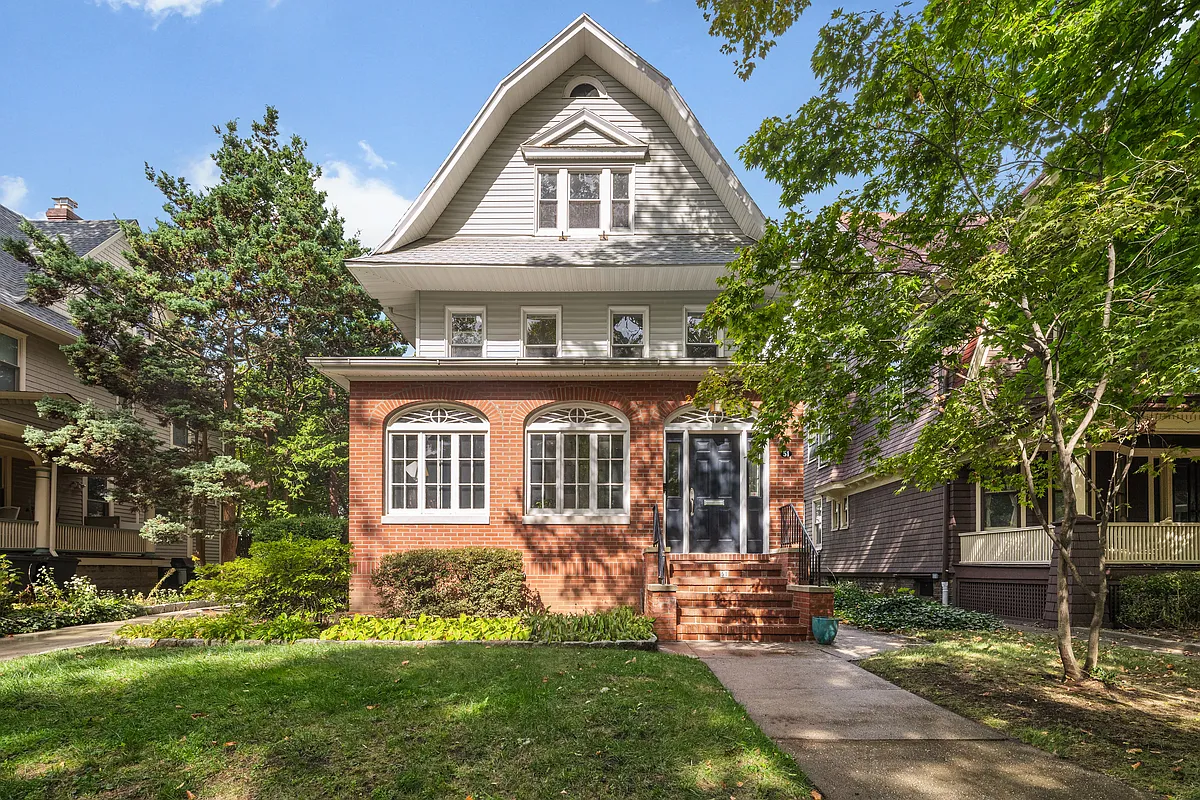Quote of the Day
When the government restricts return on any particular asset, that asset will be allowed to deteriorate until its value is low enough that it earns an acceptable return. If there is no value low enough, the asset will, one way or another, end up in the government’s hands and become a burden on taxpayers. Whoever…
![]() When the government restricts return on any particular asset, that asset will be allowed to deteriorate until its value is low enough that it earns an acceptable return. If there is no value low enough, the asset will, one way or another, end up in the government’s hands and become a burden on taxpayers. Whoever used the old saw “market failure” earlier in this discussion has successfully memorized a popular socialist catch phrase but does not appreciate the law of unintended consequences. If you force landlords to rent units at below market rents, the affected housing stock will slowly deteriorate. The remaining housing stock becomes prohibitively expensive, and new renters find it difficult or impossible to get into the below market units. The below market units effectively become a one-time property transfer from landlords (who actually took risk in buying and spend money for upkeep and repairs) to whoever had the dumb luck to be in a controlled apartment when the rules took effect. The controlled housing stock is tightly clutched in the hands of a less and less deserving population until it has to be pried from their dead hands, while over time the people who actually need affordable housing stock find it impossible to find because everything that isn’t being held until death is overpriced.
When the government restricts return on any particular asset, that asset will be allowed to deteriorate until its value is low enough that it earns an acceptable return. If there is no value low enough, the asset will, one way or another, end up in the government’s hands and become a burden on taxpayers. Whoever used the old saw “market failure” earlier in this discussion has successfully memorized a popular socialist catch phrase but does not appreciate the law of unintended consequences. If you force landlords to rent units at below market rents, the affected housing stock will slowly deteriorate. The remaining housing stock becomes prohibitively expensive, and new renters find it difficult or impossible to get into the below market units. The below market units effectively become a one-time property transfer from landlords (who actually took risk in buying and spend money for upkeep and repairs) to whoever had the dumb luck to be in a controlled apartment when the rules took effect. The controlled housing stock is tightly clutched in the hands of a less and less deserving population until it has to be pried from their dead hands, while over time the people who actually need affordable housing stock find it impossible to find because everything that isn’t being held until death is overpriced.
— by lechacal in Democratic Assembly Passes Pro-Tenant Legislation





CWB;
Nor do I trust the figures that cite that gap you mention, for one reason: it does not include transfer payments from the government. In other words, if a person is receiving food stamps or a section 8 voucher, that income is not included in the calculation. Don’t take my word for it, dig into the calcualtions.
Im glad to see you are sticking to your “fairness-except-when-its-other-peoples-income-taxes” principle.
YngRntr, there are zillions of places in the five boroughs where rent is $600 to $800 per person. (Or even $400 if you’re willing to split a room in an SRO with nice people.) That said, I am in favor of finding ways to lower housing costs for households making less than $80,000 a year so we can continue to have a diverse and healthy economy that benefits everyone.
Benson – “At what point do we stop with the redistribution of wealth, and allow liberty to flourish?”
Perhaps when where we’re not at the widest gap between rich and poor that we’ve been since the gilded age? 🙂
But I *agree* that rent control schemes don’t achieve this goal. As I’ve said a couple times now. I just don’t think a completely deregulated market is the answer. Deregulation requires too much trust in people to “do the right thing” … I have very little of that trust.
Denton;
Well said.
the argument put forth by lechacal is a little too pat and frankly, juvenile. Rent control is a very complex issue.
In my opinion, one of the unintended consequences of rent control has been to transform NY from a quasi-Socialist city of renters to a city of co-ops and condos where the percentage of home ownership has steadily grown over the past decades. Landlords could not evict tenants, so they sold them their apartments at insider prices in literally hundreds, if not thousands of buildings in all five boroughs. In other words, a basically Socialist, anti-property-rights law was actually instrumental in transforming the city of renters into one of owners. It re-energized the city’s real estate market with thousands of pre-war units that came into play and turned former renters into capitalistic speculators. Chew on that one.
Today rent control allows seniors and people on fixed income to stay in their homes. Most of the millionaire rent control tenants have bought their apartments. There may be a few left, but not many. New York would be unthinkable without its rent protection. The idea of throwing thousands of people out of their apartments is cruel and unworthy of anyone but a sadist.
I agree with cwb, and cmu, that we do have an obligation to feed and house those less fortunate than us, at least than me. I have no problem paying taxes, including higher taxes, to accomplish this.
I also agree with Pole, Benson, et al that rent control is a horrible way to do it.
However the government has no business mandating what a landlord can charge for an apt, just like they should have no business mandating what the bodega can charge for a quart of milk.
Food stamps are essentially vouchers for food. The program works well in reducing hunger. No one eats cat food anymore. In the same way, the government should issue vouchers for housing and let landlords compete for them in the same way bodegas compete for food stamp customers.
In any event I see the free market is having a salubrious effect on rents, which are falling and will continue to fall. Supply has increased, driving down the price. What a concept, supply and demand!
Mopar, but there are many years of experience with deteriorating controlled housing stock in New York City to back me up. Before you get too deep into the San Franciscan fart sniffing, bear in mind that these are very different cities with very different housing markets.
“Glorious, beautifully cared for rental housing, all of it under rent control and most “below market.”
Mopar;
Just to be humorous (or maybe not) for a moment: do you realize that your statement defies logic? It sort of reminds me of the headline I once saw in the paper: “Tests show that 70% of our students are reading below the median level”.